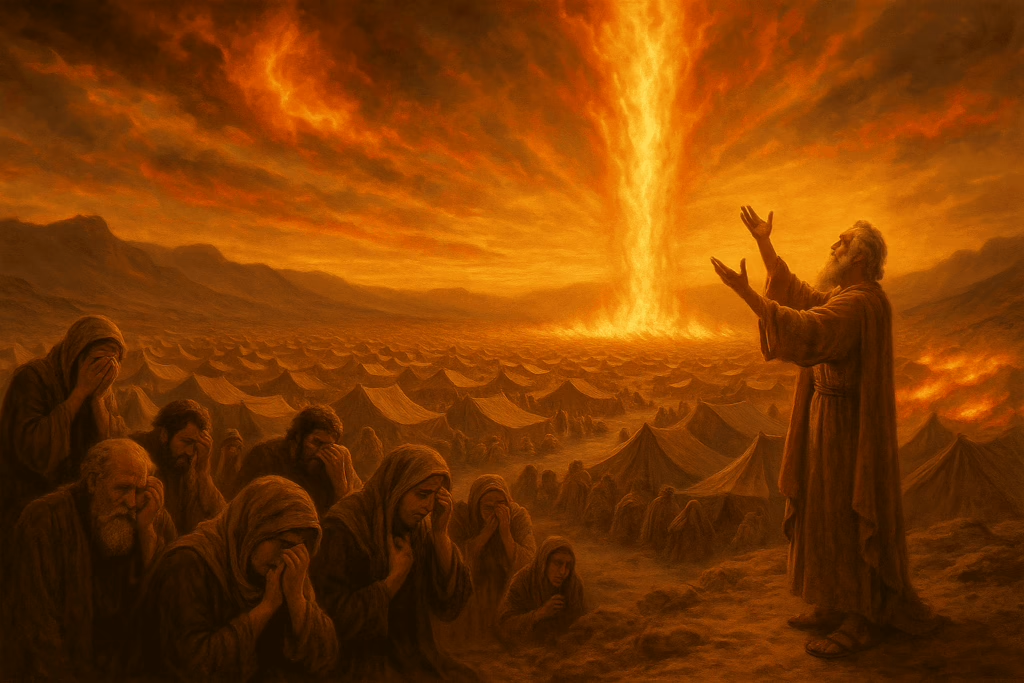In the book of Numbers, chapter 11, Dr. Baruch Korman takes us deep into a powerful truth: complaining is not harmless — it’s a direct act of rebellion against G-d’s will.
When the people of Israel complained in the wilderness, their dissatisfaction wasn’t just about food or comfort; it revealed a deeper spiritual issue — a heart ruled by desire rather than faith. They longed for Egypt, the very place of bondage, because their flesh remembered the taste of comfort rather than the call of purpose.
G-d’s response was swift. The fire of the L-rd burned among them — a symbol of His righteous anger and judgment. The message is clear: complaining brings no blessing; it invites destruction.
Moses himself, burdened by the people’s constant complaints, fell into discouragement — even questioning G-d’s goodness. But this story reveals something timeless: when we complain, we cloud our spiritual perspective, we lose gratitude, and we distance ourselves from G-d’s will.
? Key Takeaways
- Complaining is contagious. It spreads negativity and weakens faith.
- Desire-driven living leads to bondage. True freedom comes through trust in G-d’s provision.
- Prayer over protest. Moses’ prayer calmed G-d’s wrath — prayer transforms where complaints destroy.
- G-d’s provision may not please our flesh, but it perfects our spirit.
If you’re walking through your own wilderness, remember: faith grows where complaints die.
Replace murmuring with thanksgiving, and you’ll find peace even in the desert.
Shalom from Israel.
To learn more about Dr. Baruch Korman’s teachings, visit loveisrael.org.




